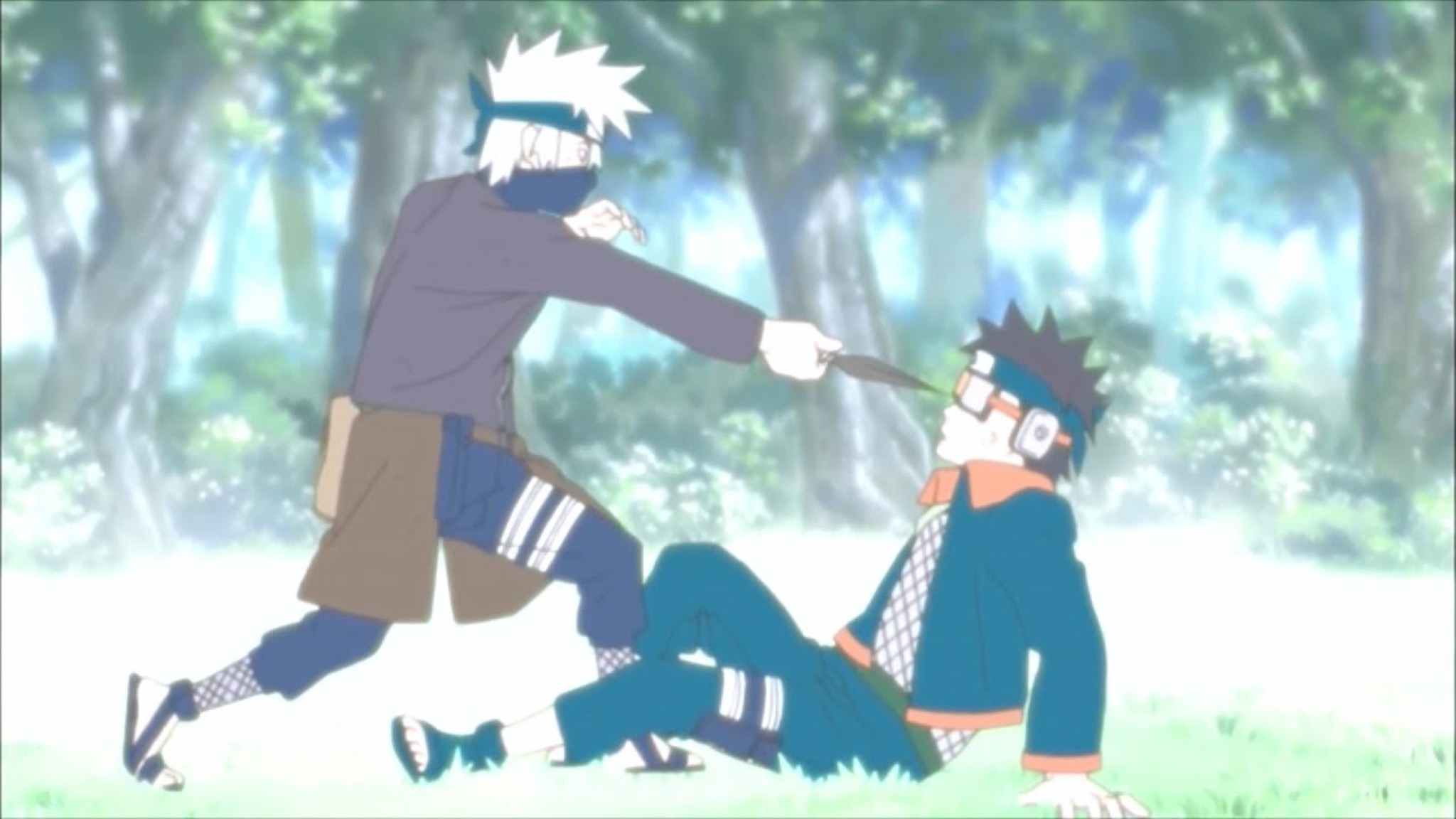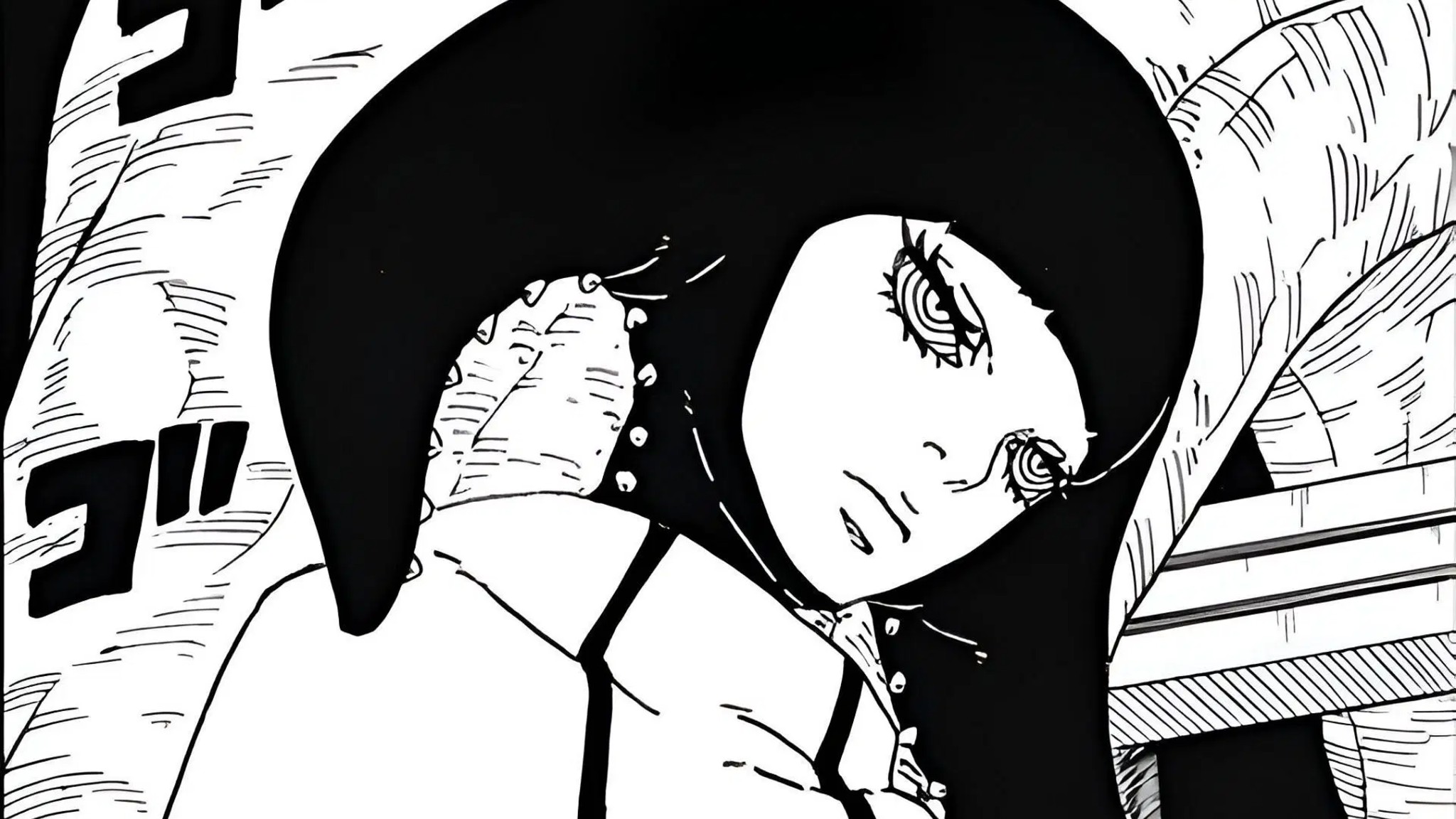
In the world of Naruto: Shippuden, the identity of the masked Akatsuki member was a persistent enigma among fans. Yet, this didn’t deter Obito from making a lasting impact on the storyline, leaving viewers with emotionally resonant scenes. Initially, in Naruto: Shippuden, Obito was portrayed as a flamboyant, humorous character, seeming to serve as comic relief within the Akatsuki group. However, as the plot progressed, the true nature of Obito’s persona started to emerge more clearly. The villain shed his light-hearted facade and adopted the name Madara instead of Tobi. As the story unfolded, it was revealed that Madara had a cunning side and used Sasuke’s anger towards Konoha as a means to push forward with his intricate plan, ultimately leading to the Fourth Great Shinobi War.
The actions of Obito have had a significant and wide-reaching impact, extending not just within Naruto but also into Boruto: Two Blue Vortex. Many profound quotes in Naruto resonate deeply, influencing events far beyond their immediate context, and even the philosophies of villains linger in subsequent generations. Obito was such a significant character that he contributed significantly to the resolution of the cycle of pain and destruction within the Ninja world alongside Naruto and Sasuke. Although this destructive cycle has been paused for now, it’s important to note that many people like Obito believe that learning to love can make one vulnerable to the dangers of hatred as well.

Friendships That Ended in Death
The ninja realm is marred by death and fractured relationships among its loyal inhabitants who constantly battle with the wellbeing of their villages as their primary concern. Nevertheless, figures such as Pain, Obito, and even our main character Naruto found it difficult to conform to a world dominated by death and sought instead to transform the reality they inhabited.
Each of the three ninjas had endured deep solitude and sorrow, particularly as Pain and Obito survived wars instigated by the Grand Nations. They encountered both scorn and affection from the world; they formed bonds with comrades and envisioned their futures, only to have these taken away. In the ninja world, such assurances were seen as guarantees, which drove both characters to adopt villainous roles, striving to liberate the world from these hardships. In pursuit of change, Obito deceived and killed, eventually setting in motion his scheme for Infinite Tsukuyomi.
When a person discovers love, they may have to face the possibility of receiving animosity” – This was a statement made by the one-eyed Uchiha following a discussion with Sasuke, during which he disclosed his plan for retribution against Konoha due to their actions against his older brother. Sasuke had been pursuing Itachi for years in an attempt to defeat him for the slaughter of their clan, unaware that his sibling carried out the massacre as a means to protect and spare Sasuke himself.
In the final moments of Itachi, Sasuke finally understood that his brother harbored genuine affection for him. Additionally, Itachi had feelings of love towards Sasuke as an older sibling. Rather than accepting Itachi’s choices, Sasuke swore revenge against the village that abandoned his brother. As Sasuke departed to recover and later target Konoha, Obito shared this insight: Love makes one vulnerable to hatred, and there are few more poignant illustrations of this than Itachi, Sasuke, and himself.

Love and Hatred in a Blue Vortex
In both “Boruto: Naruto Next Generations” and “Boruto: Two Blue Vortex”, there’s a recurring motif of love and relationships, and the suffering they can bring. The original series, “Naruto”, emphasized the quest for a world where ninjas could break free from the chains of hatred and pain. As Naruto’s journey reached its conclusion, it was clear that our protagonist had significantly improved the shinobi world. In the continuation, “Boruto”, we witness characters evolving in a post-war era where they are largely freed from cycles of pain and hatred. Yet, as “Two Blue Vortex” progresses, viewers are starting to notice that the new generation of heroes might be drawn back into the world of hate, not through animosity, but via their love.
“When a man learns to love, he must risk bearing hatred.” – Obito, Naruto: Shippuden Episode 152
In the latest installments of Blue Vortex, readers have observed Jura’s growing interest in human emotions, particularly love among shinobi. Now, the divine trees that inhabit this world are starting to exhibit emotions similar to humans. For instance, Matsuri’s affection for Konohamaro is being nurtured through her bond with Moegi.
On the heroes’ part, we witness Sarada expressing her feelings towards Boruto for the first time, which unlocks a higher level of power within her. Meanwhile, Matsuri experiences the perils of love as Konohamoru exploits her emotions to provoke an attack against her. It seems possible that Sarada might encounter intense hatred through her love, given the narrative’s focus on pain and suffering within the Shinobi world, suggesting that Love and Hatred may be deeply interconnected.
Read More
- OM PREDICTION. OM cryptocurrency
- Oblivion Remastered: The Ultimate Race Guide & Tier List
- The Elder Scrolls IV: Oblivion Remastered – How to Complete Canvas the Castle Quest
- Oblivion Remastered – Ring of Namira Quest Guide
- Poppy Playtime Chapter 4: Release date, launch time and what to expect
- Ian McDiarmid Reveals How He Almost Went Too Far in Palpatine’s Iconic ‘Unlimited Power’ Moment
- Quick Guide: Finding Garlic in Oblivion Remastered
- Solo Leveling Arise Amamiya Mirei Guide
- Sophia Grace’s Baby Name Reveal: Meet Her Adorable Daughter Athena Rose!
- Why Tina Fey’s Netflix Show The Four Seasons Is a Must-Watch Remake of a Classic Romcom
2025-05-14 03:22